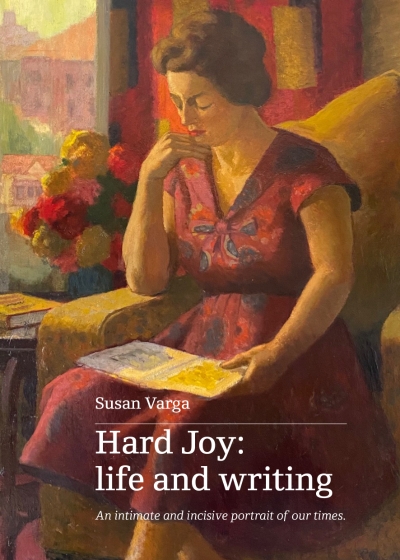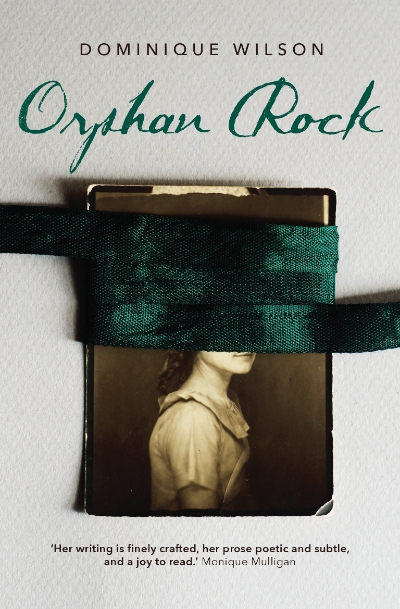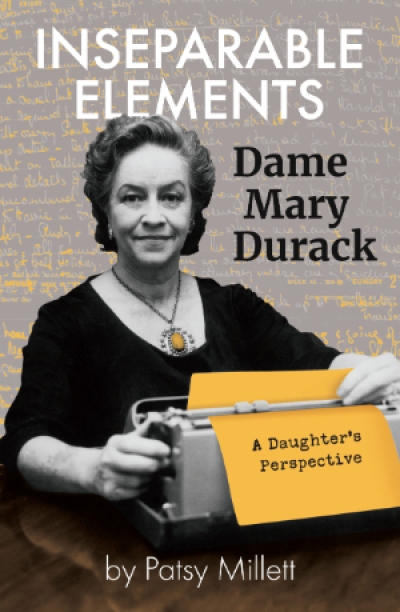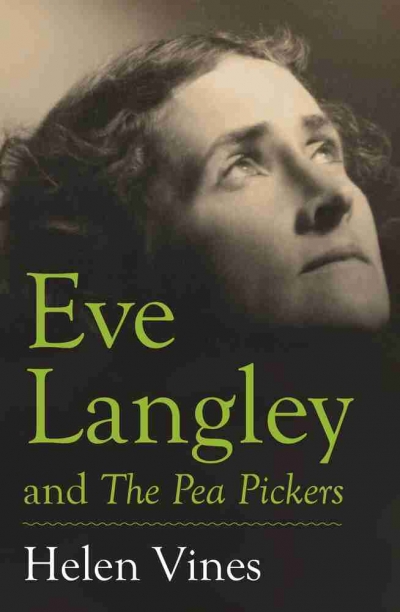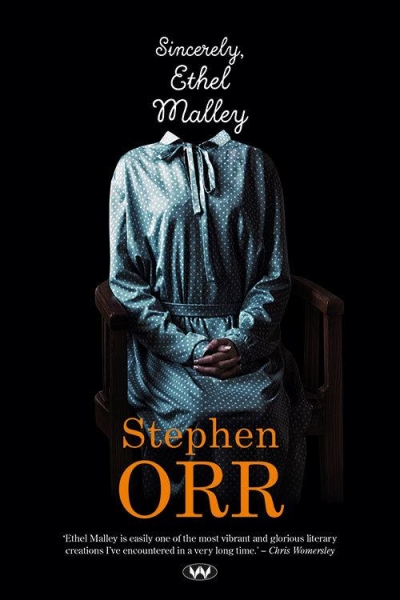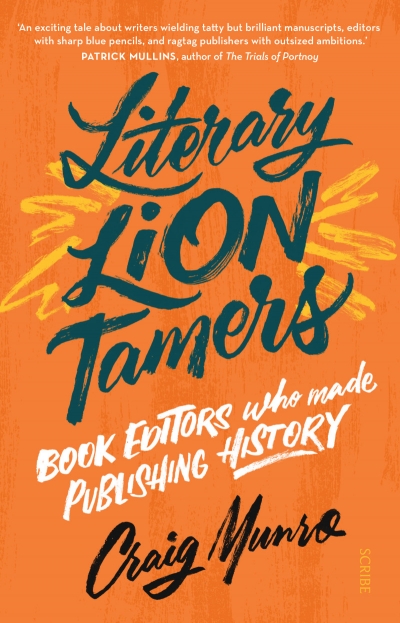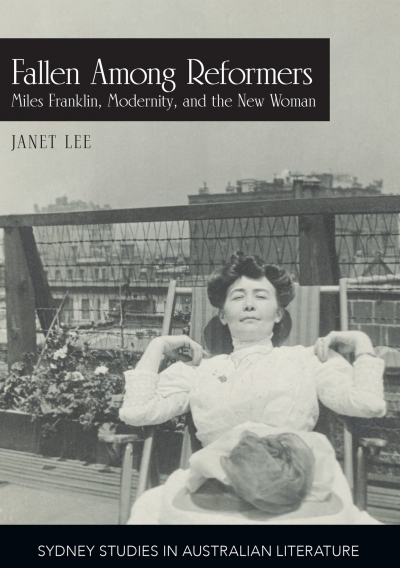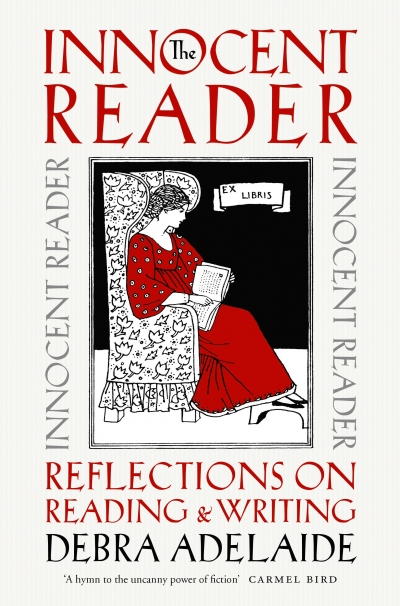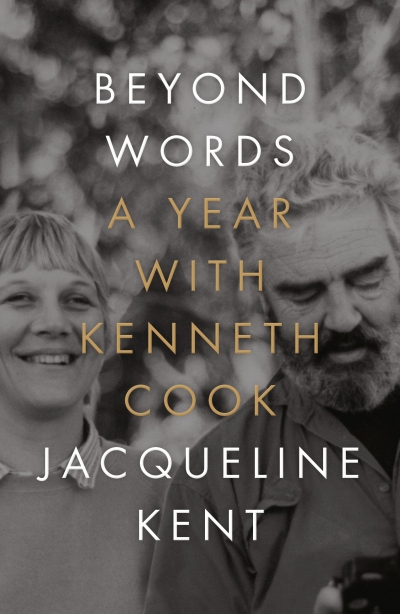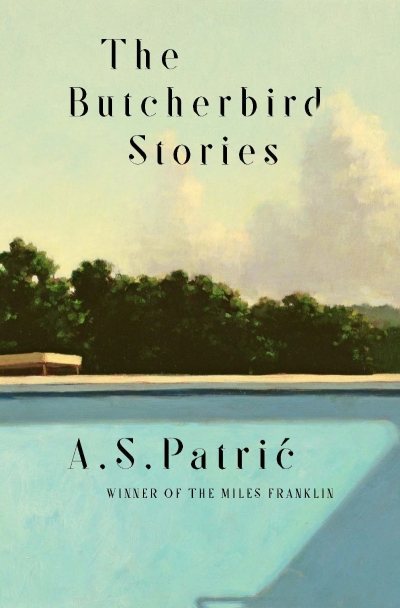Susan Sheridan
Inseparable Elements: Dame Mary Durack, a daughter’s perspective by Patsy Millett
by Susan Sheridan •
Literary Lion Tamers: Book editors who made publishing history by Craig Munro
by Susan Sheridan •
Fallen Among Reformers: Miles Franklin, modernity and the New Woman by Janet Lee
by Susan Sheridan •
The Innocent Reader by Debra Adelaide & Wild About Books by Michael Wilding
by Susan Sheridan •

